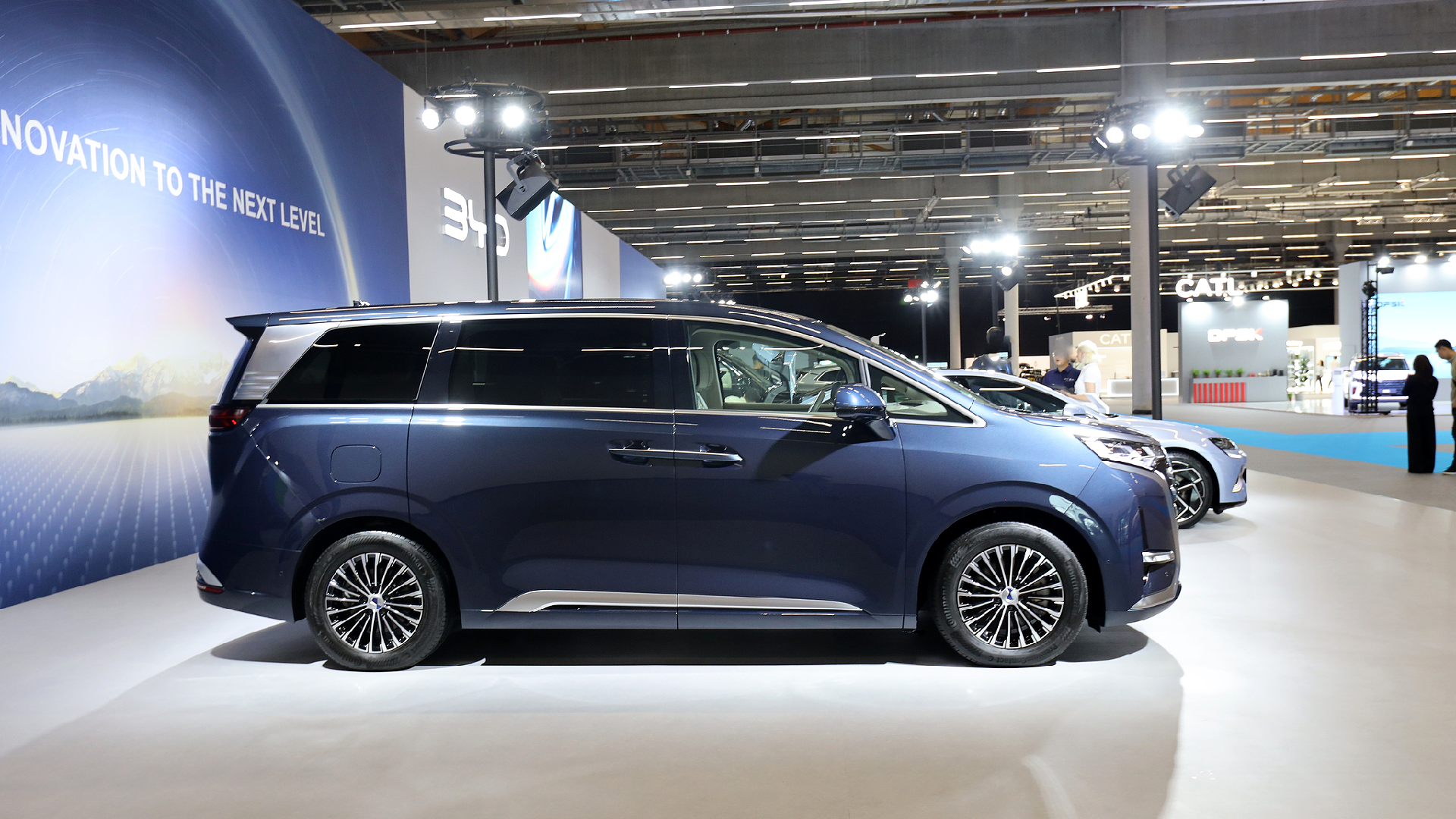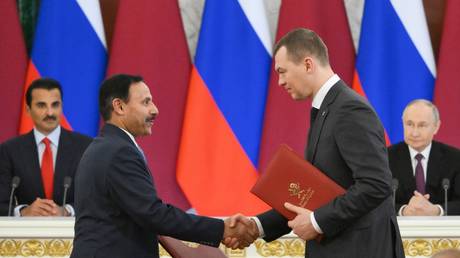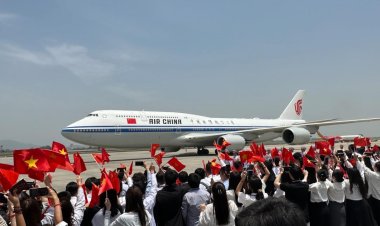Amid EU trade tensions, Sino-German auto conference aims for cooperation
Sino-German auto conference aims to foster collaboration in light of EU trade tensions.

The recent tensions over the European Union's proposed tariffs on Chinese electric vehicles make this conference particularly relevant. It presents an opportunity for stakeholders from both countries to discuss strategies for navigating these challenges while promoting shared economic interests.
Earlier this month, the European Commission announced it had garnered enough support to implement the new tariffs. Nevertheless, this proposal faced significant opposition from several EU members, including Germany.
Chancellor Olaf Scholz and other prominent German officials have expressed their opposition to the tariffs, asserting that Europe should enhance its competitiveness through open markets instead of protectionist measures. They cautioned that imposing additional duties on Chinese EVs could negatively impact both the German economy and the broader European market.
Against this backdrop, the conference is centered on strengthening ties between China's flourishing automotive sector and Germany's established supply chains. A particular emphasis is being placed on innovations in EVs, parts manufacturing, and other advanced technologies that can promote mutual growth.
The event's theme revolves around carbon neutrality and the future, demonstrating a shared commitment to sustainable transportation solutions. Both countries consider this partnership as a means to catalyze the transition toward greener mobility, ensuring that their industries remain competitive in the global movement toward cleaner and more efficient transportation systems.
Deepening cooperation
Collaboration between China and Germany in the automotive industry has intensified over the years. In April 2024, BMW Group announced a significant investment of 20 billion yuan in its Shenyang production facility, aiming to upgrade its infrastructure and prepare for the production of new-generation models by 2026. BMW CEO Oliver Zipse stated that this expansion underscores the strategic significance of the Chinese market as the company pivots towards smart and connected vehicles.
Simultaneously, various Chinese automakers have been gaining traction in Germany, with brands like SAIC's Roewe entering the top 10 in German EV sales, alongside others such as BYD and Great Wall Motor making it into the top 25. NIO, another Chinese EV manufacturer, established itself in Germany in late 2022, launching an innovation center in Berlin and recently, a smart driving technology hub near Schonefeld in the Berlin area.
German consumers are increasingly interested in Chinese automotive brands. A survey conducted by ADAC, Germany's largest automobile association, revealed that almost 60 percent of respondents are open to purchasing vehicles from Chinese manufacturers. Among those looking to buy EVs, a significant 80 percent indicated they are willing to consider Chinese models. This growing acceptance reflects not only the affordability and quality of Chinese EVs but also recognition of the rapid innovations emerging from the Chinese automotive sector.
In light of the shifting trade dynamics, Hildegard Muller, president of the German Association of the Automotive Industry, has warned against the dangers of escalating protectionism. She remarked that tariffs on Chinese EVs "would not only further increase the risk of a mutual trade conflict, but would also make vehicles considerably more expensive for consumers."
Muller cautioned that trade conflicts yield no winners, emphasizing that in an increasingly interconnected world, collaborative efforts are vital for ensuring the sustainable development of global industries.
Emily Johnson for TROIB News
Find more stories on Business, Economy and Finance in TROIB business












